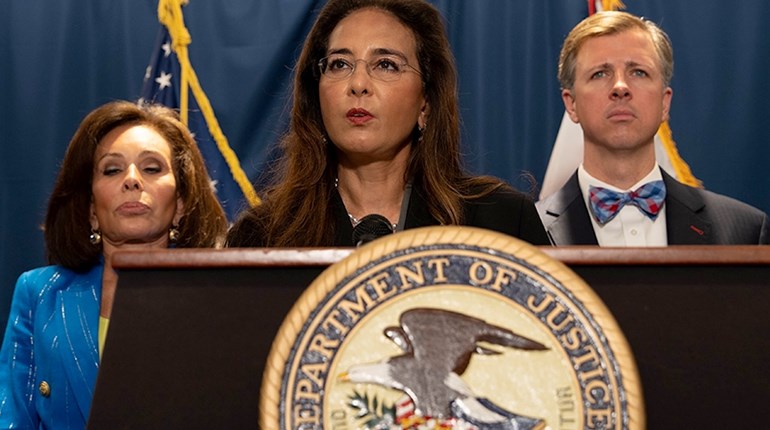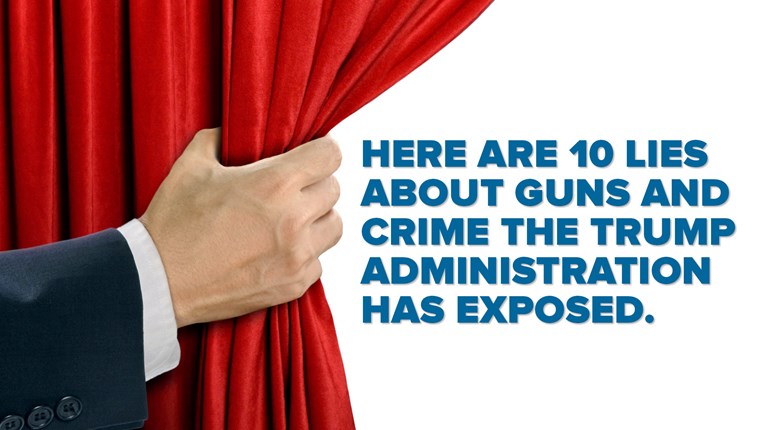
With the COVID-19 pandemic leading to a wide variety of lockdowns and closures—including for firearms-related businesses—nine states are now pushing for, or have already passed, pro-gun emergency measures that would prohibit state and local governments from infringing on the right to keep and bear arms during emergency situations.
“During the COVID-19 pandemic, many anti-gun officials around the country, at both state and local levels of government, took the opportunity to unilaterally suspend Second Amendment rights by shutting down gun stores and ranges,” said Jason Ouimet, executive director of the NRA Institute for Legislative Action. “Unfortunately, this coincided with many Americans trying to exercise their Second Amendment rights for the first time during that period of uncertainty, and resulted in them being unable to access arms, ammunition, or proper training.”
To stop this, the NRA-backed emergency powers measures seek to alleviate problems that occurred at the onset of the pandemic when gun shops, gun ranges, and other gun-related businesses were declared nonessential, or shut down in some cities and states.
A1F.com reported last year about how South Dakota Gov. Kristi Noem (R) made the Mount Rushmore State the first to adopt an improved emergency powers law in March 2020. Passed on the final day of last year’s legislative session, H.B. 1296 provided that “no state agency, political subdivision, or any elected or appointed official or employee may prohibit, regulate or curtail the otherwise lawful possession, carrying, sale, transportation, transfer, defensive use or other lawful use of any firearm or ammunition.”
“With law enforcement and state resources stretched incredibly thin, it’s more important than ever for authorities to recognize every law-abiding American’s right to self-defense and to keep and bear arms,” Brian Gosch, NRA South Dakota state director, said at the time. “The people of South Dakota are safer today with Gov. Noem’s signature on H.B. 1296.”
Just a few weeks ago, South Dakota passed another emergency powers measure designed to bolster the earlier one. S.B. 100 provides protections for gun stores, ranges, or any other entity that engages in the lawful selling or servicing of firearms, components, or accessories. The measure also prevents the prohibition, regulation, or seizure of citizens’ Second Amendment rights during a declared state of emergency.
Kansas has also passed a similar measure during this session. S.B. 40, with nearly identical language to that in the South Dakota measure, was signed into law in late March.
In addition to those successes, seven other states have similar measures moving through the legislative process. In North Dakota, S.B. 2344 was overwhelmingly approved by both the state House and Senate, and was sent to Gov. Doug Gurgum (R) on March 29 for his consideration. Nearby Wyoming’s similar measure, S.F. 155, has also been approved and sent on to Gov. Mark Gordon (R) for consideration.
In West Virginia, S.B. 458 prohibits the state, government officials and agencies, or local governments from restricting the lawful carrying, sale, or use of firearms and ammunition during states of emergency. The prohibition also prevents them from closing gun stores and shooting ranges, unless that restriction applies equally to all businesses. It was approved by the Senate on March 27, approved in the House Judiciary Committee on April 5 and, as this was being written, was awaiting action on the House floor.
In Florida, S.B. 1924, which contains language to limit the ability of local governments to impose “emergency” restrictions on guns during hurricanes, disasters, or pandemics, was approved by the Senate Military and Veterans Affairs Committee on March 30, and is awaiting action on the Senate floor.
Other states with emergency powers legislation still on the move include Missouri H.B. 1068, Montana H.B. 504, and Texas S.B. 18.
We’ll keep you updated on these important measures as they continue to be considered.

































